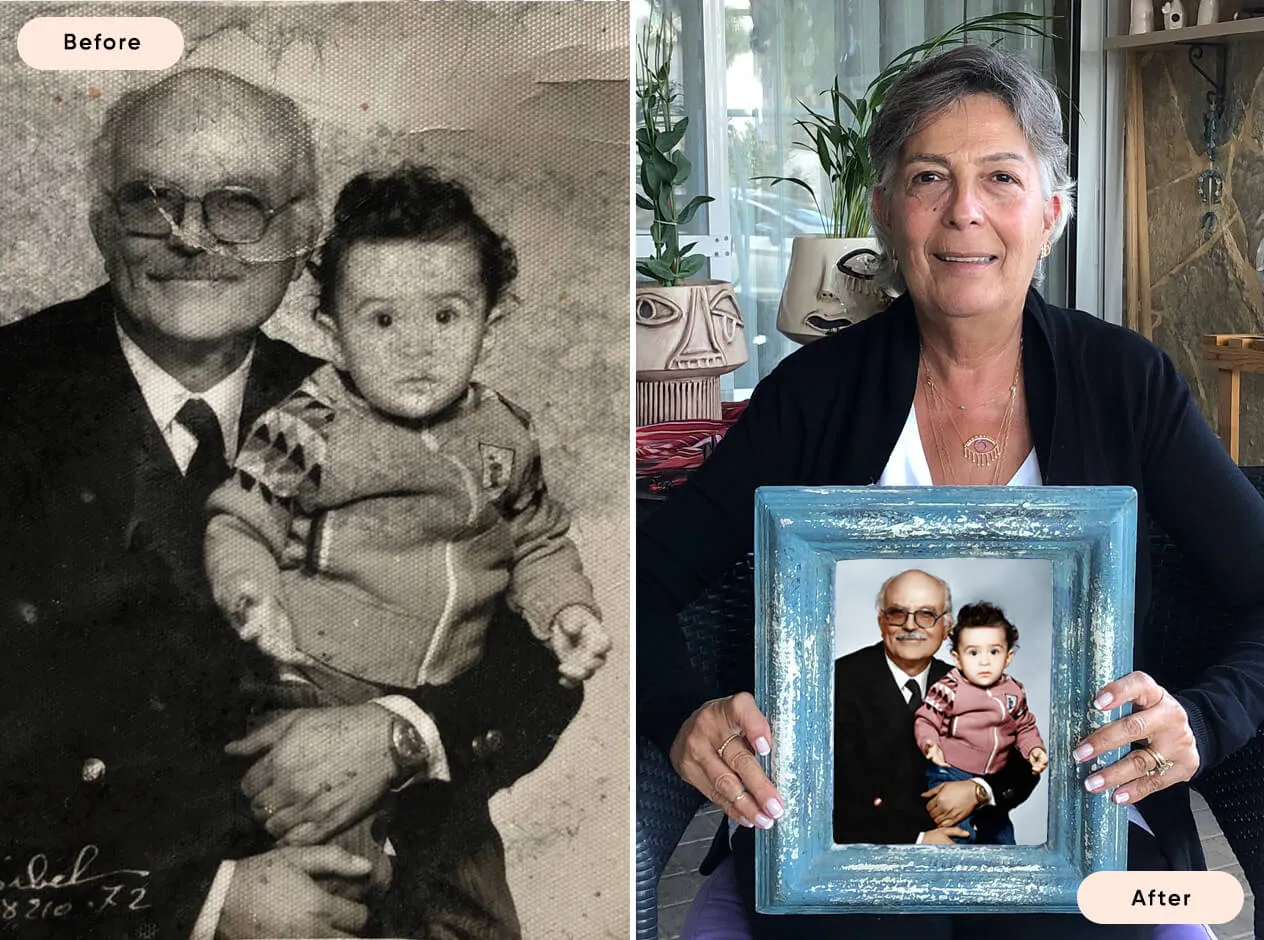Photography Techniques: Exploring Pet Photography
Pet photography is an art form that captures the unique personalities and charm of our beloved furry friends. This branch of photography not only requires technical skills but also a deep understanding of animal behavior, timing, and creativity. In this guide, we will explore the essence of pet photography, its usefulness, essential gear, and provide a step-by-step approach to capturing stunning images of pets.
What is Pet Photography?
Pet photography is a specialized style of photography focused on capturing images of animals, primarily pets. This niche art form allows pet owners to immortalize moments, showcasing their pets' personalities, emotions, and candid behaviors. Unlike normal portrait photography, pet photography often requires a different perspective, patience, and an ability to work with subjects that don’t always cooperate!
When capturing pets, the goal is to convey their unique traits and characteristics. This can involve shooting action shots of a dog running in a park or capturing a cat lounging in a sunbeam. Successful pet photography brings out the personality of the animal, making the photographs resonate with viewers.

When is the Pet Photography Technique Useful?
The technique of pet photography becomes particularly useful in several scenarios, ranging from personal keepsakes to professional projects. For pet owners, commissioning or conducting a photoshoot can provide lasting memories of their furry companions. This can be especially meaningful when a pet is aging or facing health issues, allowing owners to cherish their preserved moments.
Additionally, pet photography is valuable for businesses within the pet industry. Professional photos help pet-centric brands market their products through engaging visual content. Whether it’s promoting pet adoption, showcasing a new dog food brand, or highlighting a pet grooming service, high-quality pet photography enhances marketing efforts and connects with potential customers on an emotional level.
Essential Gear for Pet Photography Images
Investing in the right equipment is crucial for capturing stunning pet photographs. Here’s a list of essential gear that can elevate your pet photography game:
Camera: A DSLR or mirrorless camera with good autofocus capabilities is ideal. These cameras allow for quick adjustments to settings that are essential when photographing fast-moving pets.
Lenses: A fast lens (with a wide aperture, like f/1.8 or f/2.8) is essential for shooting in various lighting conditions. A telephoto lens can help capture candid shots from a distance, while a wide-angle lens may be useful for capturing entire environments.
Tripod: While not always necessary for pet photography, a tripod can provide stability, especially when taking portraits or low-light shots.
Reflectors and Diffusers: These tools help manipulate natural light to reduce harsh shadows and create a softer ambiance in your photos.
Treats and Toys: While not technically photography gear, having toys or treats on hand can help capture your pet's attention and encourage them to pose or exhibit specific behaviors during the shoot.

How to Capture Pet Photography Photos: A Step-by-Step Approach
Capturing beautiful pet photographs requires planning and patience. Follow these steps to ensure you create stunning images:
1. Preparation
Plan your photoshoot in advance. Choose a location where your pet feels comfortable, whether it's inside your home, in a park, or at the beach. Consider the time of day as well; early morning or late afternoon provides the best natural light.
2. Get Your Pet Comfortable
Before shooting, take a few moments to let your pet acclimate to the environment. Allow them to explore the setting and engage them with treats or toys. A relaxed pet is more likely to pose naturally.
3. Focus on Their Eyes
When capturing pet portraits, ensure the focus is on your pet's eyes. Sharp eyes create an emotional connection to the viewer and are often the most captivating aspect of a photograph.
4. Use Continuous Shooting Mode
Pets can be unpredictable, so using a continuous shooting mode allows you to capture several frames in quick succession. This is particularly useful for action shots, where timing can make all the difference.
5. Play with Angles
Experiment with different angles and perspectives. Get down to your pet’s level for a more personal shot, or shoot from above to capture their surroundings. Each perspective can tell a different story.
6. Edit Your Photos
Post-processing is the final touch that can enhance your pet photographs significantly. Use editing software to adjust lighting, sharpen details, and make any other necessary adjustments to bring your images to life.
Conclusion
Pet photography is a rewarding and enjoyable pursuit that allows for creativity and connection with your beloved animals. By understanding the techniques, utilizing essential gear, and following a step-by-step approach, you can capture stunning images that celebrate the unique personality of your pets. Whether you’re a professional photographer or a pet lover with a camera, mastering pet photography enables you to preserve memories that will last a lifetime.

Or Get YourMoney Back
back your money in the rare case you are not satisfied with the quality of your
damage-free pictures. Only $38 for most image restorations regardless of damage

All rights reserved.